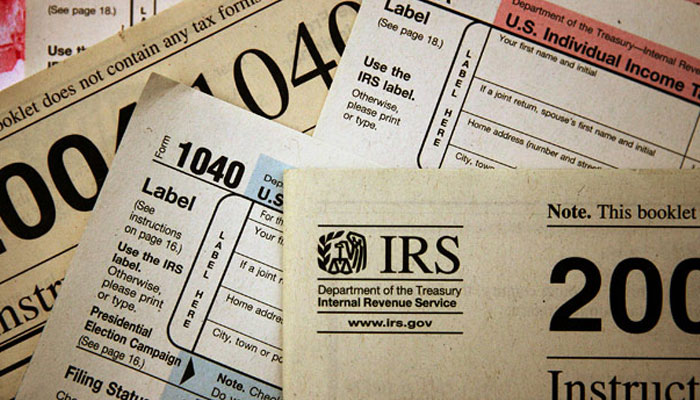“Forbes” magazine recently published an informative (and somewhat humorous) article about tax myths widely held by many. We hear these false beliefs every day from tax clients. They deserve repeating. (Thanks, “Forbes”.)
Belief: You must itemize in order to take all your tax deductions.
Not true! Sure, many deductions can only be deducted if you itemize on Schedule A. But there are others, the so called “above the line” deductions, that can be claimed even if you do not use Schedule A and take the standard deduction. These include alimony, moving expenses to take a new job, as well as tuition and fees for Education.
Belief: You don’t have to report payments made to you if they are under $600.
Not true! The law says that you must report income from any source, no matter how small. The $600 threshold is the legal requirement for the payer to report on a Form 1099, the amount paid to you –if it is $600 or more. Whether there is a Form 1099 issued or not, the income must still be reported, unless it is excluded income.
Belief: If you don’t file a tax return and the IRS does not find you, you are safe after 3 years.
Not true! The theory is that you don’t need to worry about those early years when you did not file. Also not true! The three-year time period in the tax code refers to the time the IRS has to examine your return for errors and request additional tax payment. But the three year period does not begin to count until after you file your return. It is called the Statute of Limitation. However, if no return is filed, the three-year Statute of Limitations does not apply. In fact, the three year period is deemed to never have started! So it is still “open season” for the IRS to demand your tax return and, also under the law, prepare a return for you and send you a notice of the taxes due.
Belief: You are not responsible for mistakes on your tax return made by your tax preparer.
Not true! You are the taxpayer and have the responsibility to read and understand your tax return before you sign it, or authorize your tax preparer to e-file it for you. You cannot shift the responsibility to the person or firm that prepared your taxes. If there is a problem, it is your responsibility to fix it.
The most common belief: You got a refund so the IRS agreed with your tax return.
Not true! That there was a refund check sent or a direct deposit made into your bank account only means that the initial processing of your return did not raise any ”red flags.” This can be a double whammy! If errors are later found (within that three-year period) the refund, to the extent of any new tax liabilities, plus penalties and interest, will have to be paid back to the IRS.
The overarching message in all this is that it’s your responsibility to be knowledgeable about your tax return and keep good records!

